Our self-image as a nation of animal lovers is as ingrained in the British psyche as our love of tea or Sunday roasts. “Animals are delightful fellows,” George Elliot wrote in 1857, and millions still agree.
Today, more of us — 53 percent of adults, or 17 million households — own pets than ever before; The pet industry is worth a staggering £10 billion, and research reveals that not only do most of us view our pets as members of the family, but a large number (12 per cent in one survey) love them more than our partners.
But something is wrong in our relationship with the animals that share our home. There has been a “staggering” increase in pet abandonment across Britain in recent months, according to the RSPCA; People are dumping animals at unmanageable levels and pushing welfare services to their limits.
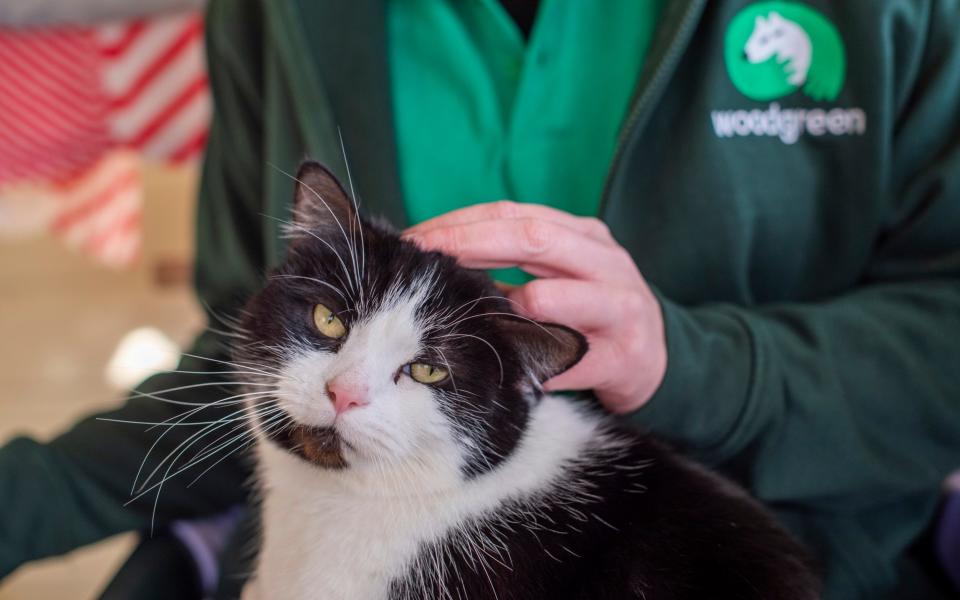

The turning point was the pandemic, when hordes of people with free time decided to improve their mental health with a new animal companion, and the number of pet dogs rose from nine to 13 million between 2019 and 2022. A large number of these animals, dubbed “pandemic puppies”, show serious problems in new research from the Royal Veterinary College.
A fifth of Covid puppy owners reported eight or more persistent problems, including high levels of attachment and aggression, and a third said they were very difficult to train. The number of dog attacks recorded by police in England and Wales has increased by more than a third between 2018 and 2022.
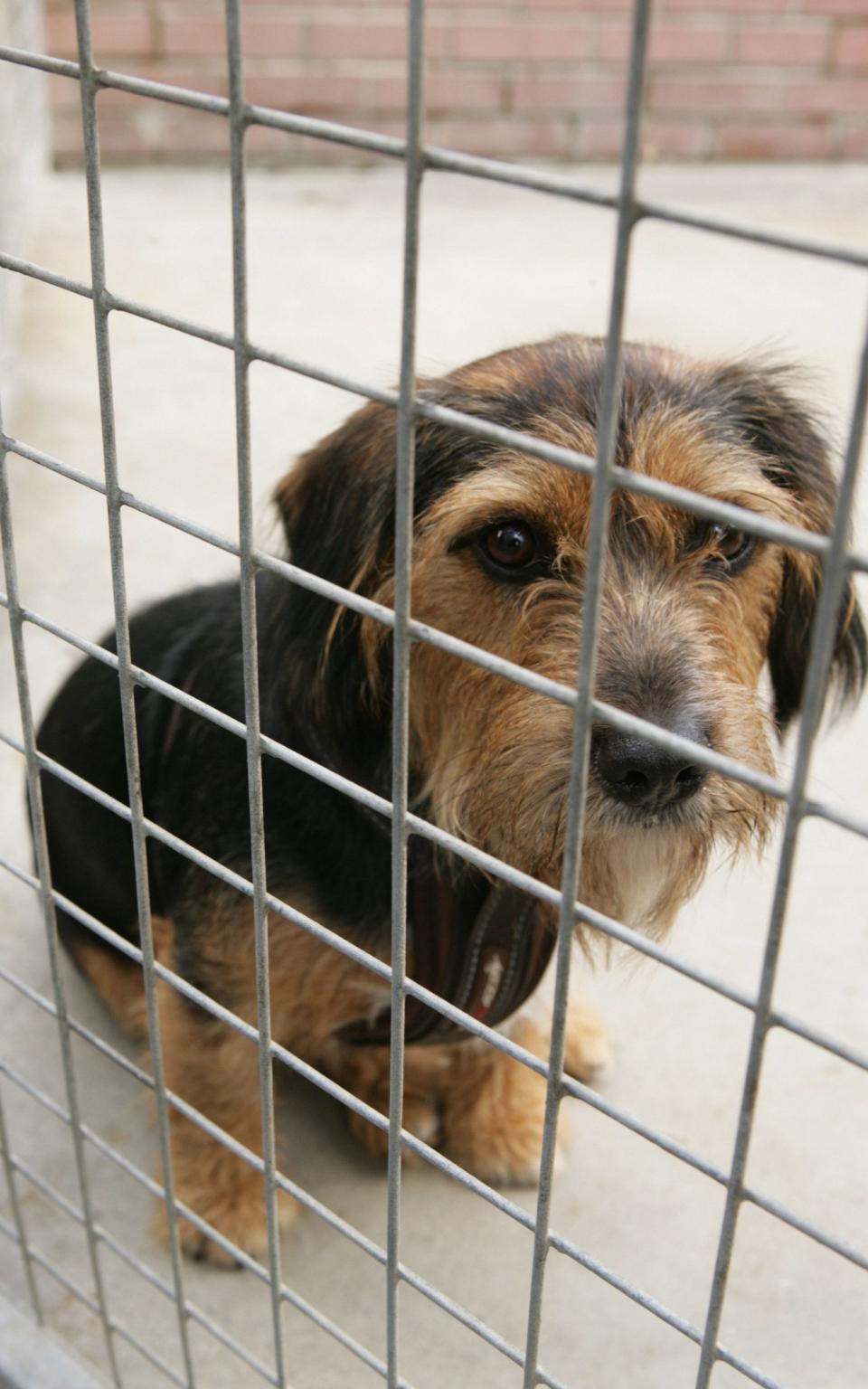

And the problems aren’t limited to man’s best friend. The cost of living crisis has left pet owners struggling to meet the needs of their animals, from the smallest rodent to the scariest reptile. Last month, a rabbit was found abandoned in its cage in freezing conditions in Plymouth, with a note written on it: “Daisy, indoor only rabbit, litter trained. Beautiful. Unfortunately my relationship has ended. I’m sorry.”
A grisly discovery was made of the carcasses of seven giant tortoises in Ashclyst Forest in Devon earlier this month. Andrew Highfield, founder of the Tortoise Trust, said their plight showed someone had taken these animals and found them too tough, noting the “astronomical” cost required to keep them in the subtropical temperatures they need.
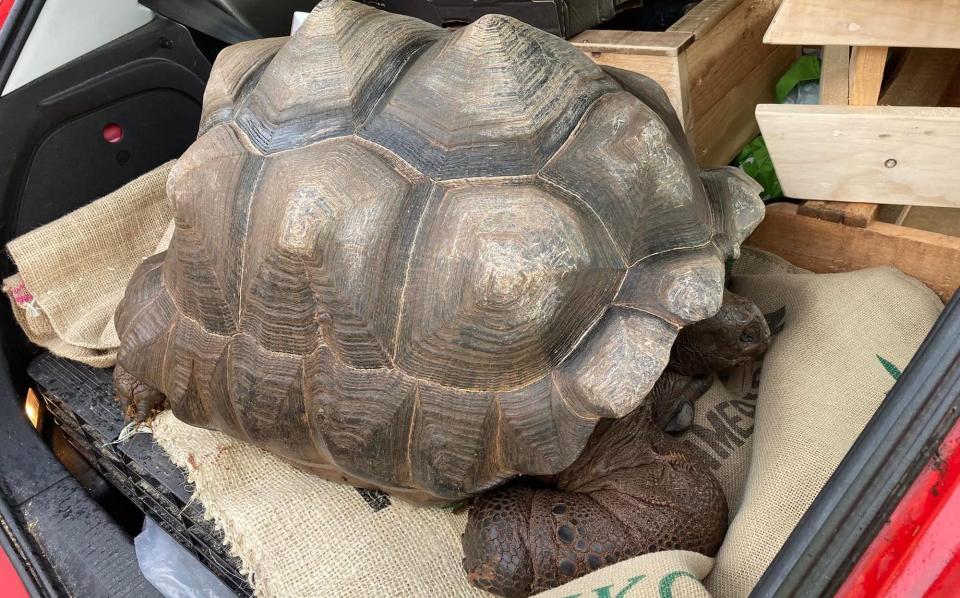

The RSPCA has warned that a Covid-fuelled rise in pet ownership, combined with rising costs, is creating a “perfect storm” of animal welfare emergencies and abandonments. The charity received 20,999 reports of abandoned animals last year; This number means an increase of 5,000 compared to 2020.
More than 14,000 involved dogs, but cats accounted for half the total, experts say, partly because most cats were not spayed or neutered during the lockdown, leading to a surge in the number of kittens. Exotic pets that need to be warmed, such as snakes, are also found every month everywhere, from ditches to supermarket car parks.
Many of the abandoned dogs were pandemic puppies with behaviors their owners could not handle. Accustomed to constant companionship and little socialization with other dogs during quarantine, these dogs found their owners’ return to the office and normal life stressful.
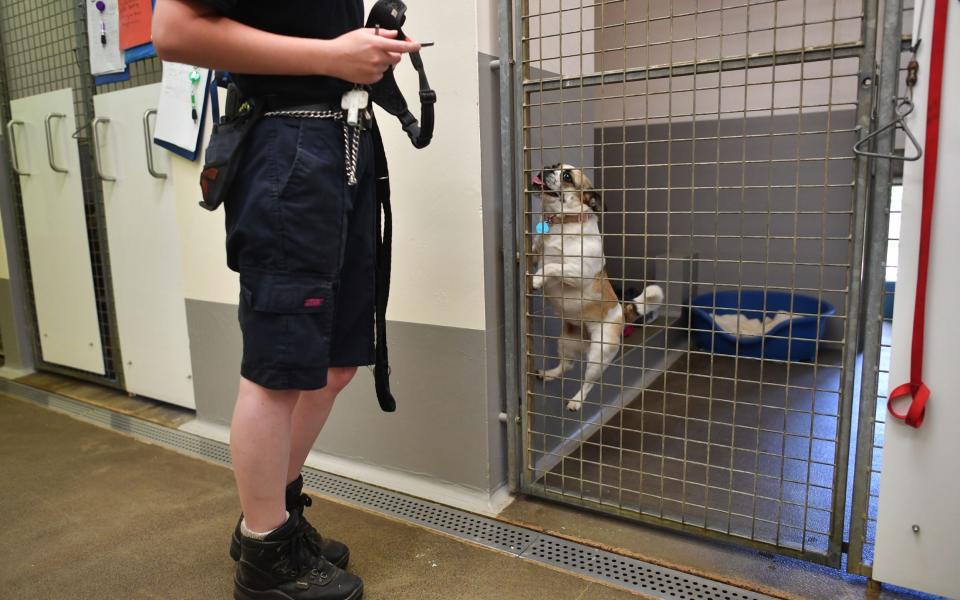

The RSPCA’s head of public relations, David Bowles, says dogs often exhibit medical and behavioral problems related to their origins. “Many first-time owners unknowingly adopt dogs that were bred under illegal conditions in places like Romania,” he says.
“Due to the great demand during Covid, people who had no knowledge about animals felt that they could make quick money and started raising animals. “These pets often experience trauma, and the problems become more pronounced over time.”
Woodgreen Pets Charity, which runs one of Europe’s largest adoption centers in Cambridgeshire, saw a 48 per cent increase in the number of stray dogs surrendered last year and a 25 per cent increase across all breeds it works with. “This is an extremely challenging time.
All our kennels, cat units and small pet accommodation are full and we have long lists of pets waiting to come into our care,” says Linda Cantle, the charity’s operations manager. “And of course we have fewer people coming forward to provide the new homes they need.”
While the majority of animals at the RSPCA are rescued, often in appalling conditions, by inspectors investigating complaints of cruelty and neglect, Woodgreen has also received a number of calls directly from owners who cannot cope.
“Many were devastated; The last thing they want to do is give up that pet, but they feel like they can’t do it right anymore,” says Cantle. “Then there are others for whom there is a lot of regret. They made plenty of time for their pets during quarantine, which was both exciting and happy, but then as life returned to normal, pet ownership became even more challenging and competed with social activities. “They don’t want this experience anymore because it doesn’t meet their expectations.”
Think of an abandoned pet and you may be picturing a status dog like the XL Bully; this will soon become illegal without an exemption certificate – indeed abandonment of these animals is expected to rise rapidly following the ban. But increasing numbers, as well as other typical middle-class pets, are also of desirable pedigree.
“We have a much wider variety of dog breeds than we did five years ago—everything from French bulldogs to Chihuahuas,” Cantle says. “We also have a really significant number of abandoned rabbits; It’s easy to buy on impulse, without appreciating all the amenities they need to keep them warm, fed, and satisfied.
Lisa* recently rehomed her Schnauzer and handed him over to a friend after he was called into the office four days a week.
“I was agonizing about it, but he was getting increasingly worried while I was at work, even though I had spent a fortune on ‘doggy care,’” she says. “I kept coming home to see him finding grass and pooping everywhere.
“I feel guilty and stupid for buying it in April 2020; I know I’m a cliché, but honestly I thought some of the lifestyle changes brought on by Covid would be permanent. I was so relieved when a friend asked for it; He works from home to make the dog happier.”
Money is undoubtedly a major factor in increasing abandonment rates. The overall cost of owning a dog is estimated to be around £2,500, having increased by 12.8 per cent (around £256) last year, according to the Office for National Statistics.
Figures from Battersea Dogs & Cats Home show a household can expect to spend more than £39,078 over the lifetime of a pet: 11 years for a dog, 12-14 years for a cat. The RSPCA has dealt with cases where people withheld food so they could feed their pets; A situation that led to the creation of pet food banks.
Vet bills are also rising rapidly: the total spent on vet fees in 2022 will exceed £5.3bn. According to pet insurance companies Animal Friends, dog care bills can easily exceed £1,000; The average vet fee for digestive problems is £863.
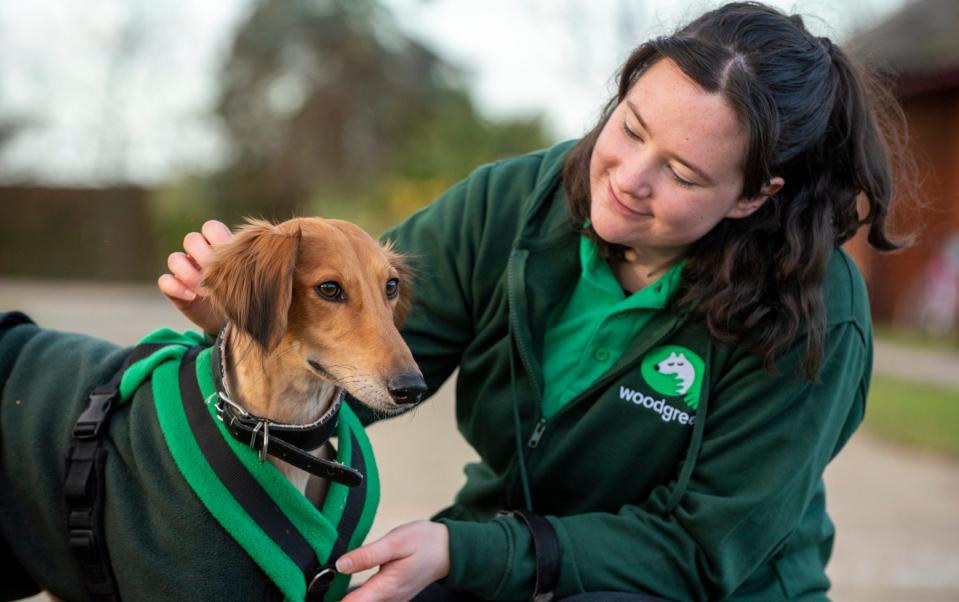

It is perhaps unsurprising that a recent survey by the charity Dogs Trust showed that four in five dog owners are worried about the cost of looking after their dog, or that some owners simply cannot manage the situation.
“Quality medical care for pets is costly, and our industry is keenly aware that this impacts people’s decision-making processes regarding the care of their animals,” says veterinary surgeon Cat Henstridge.
“Vets often get a bad rap, but we’re usually very willing to find a way to help if people talk to us. “This week we had a cat needing dental treatment and we contacted the Blue Cross who agreed to contribute towards this.”
All of this raises the question of whether pet ownership has become too common; whether most of us buy animals as commodities. The Victorians were the first to make pets, previously the unimportant preserve of the aristocracy, an accepted part of domestic life. Dogs, in particular, were believed to possess virtues that reflected the most valued values of the period: determination, loyalty, and courage.
But historically the animals were bred to assist humans with tasks such as hunting vermin, pulling plows, and gathering game, and were quickly killed when they became ill. Only recently have they been treated as a member of the family, according to marketing agency Mintel; One in five owners say they like their pets to “keep up with the latest trends” in grooming and clothing.
With modern life being so hectic, it seems clear that many of us need to ask ourselves whether we really have the time and energy to devote to our pets, especially if they are required to have status within the household.
David Bowles believes the increase in the number of pets is not inherently problematic. “Pets provide many benefits, especially companionship, and the RSPCA supports this,” he says. “But we urge people to do their research before getting an animal because the last thing they need to do is discover they don’t have the resources or knowledge to meet the animal’s welfare needs.”